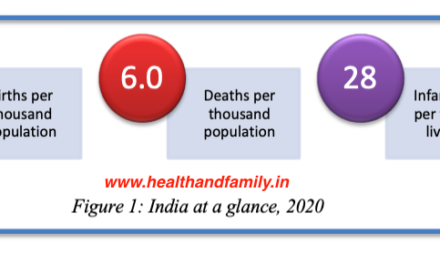Geneva – A new report released by the World Health Organization (WHO) has highlighted the critical role vaccines play in combating antimicrobial resistance (AMR), potentially saving billions of antibiotic doses annually. The analysis underscores that wider vaccine access and the development of new vaccines, particularly for tuberculosis (TB), are essential in the global fight against drug-resistant infections.
The report reveals that existing vaccines targeting 24 pathogens could reduce antibiotic usage by a significant 22%, translating to approximately 2.5 billion fewer daily doses each year. This reduction is crucial in slowing the spread of AMR, a growing global health threat that renders antibiotics ineffective, making common infections potentially life-threatening.
Dr. Tedros Adhanom Ghebreyesus, WHO Director-General, stressed the urgency of expanding vaccine coverage and investing in the development of new vaccines. He pointed out that vaccines currently in use for infections such as pneumococcal pneumonia, Haemophilus influenzae type B, and typhoid could prevent an estimated 106,000 AMR-related deaths annually. Furthermore, the development and deployment of vaccines against TB and Klebsiella pneumoniae are expected to yield even greater reductions in AMR-related mortality.
The WHO report aligns with global targets to reduce AMR-related deaths by 10% by 2030. It projects that expanded immunization efforts could save 33 million antibiotic doses against Streptococcus pneumoniae and potentially up to 1.9 billion doses with the introduction of new TB vaccines.
The report emphasizes that vaccines not only prevent infections, reducing the need for antibiotics, but also contribute to overall public health by minimizing the spread of diseases. This dual impact makes vaccines a powerful tool in the fight against AMR.
The WHO urges global collaboration and increased investment in vaccine research and development to fully realize the potential of vaccines in curbing AMR and safeguarding public health.
Disclaimer: This news article is based on information provided by the WHO report and cited source. While every effort has been made to ensure accuracy, readers are advised to consult with healthcare professionals for medical advice and refer to official WHO publications for comprehensive information. The numbers provided are estimates and projections, and actual outcomes may vary.(Source: https://www.daijiworld.com/news/newsDisplay?newsID=1234387)












